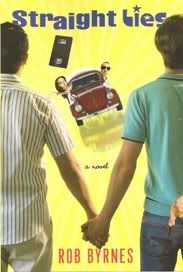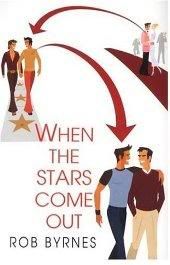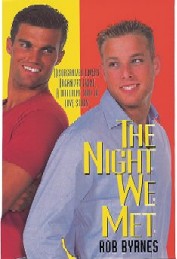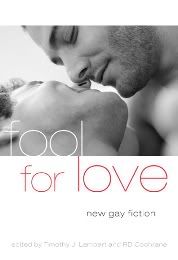THE AGE OF HYPER-SENSITIVITY
From the wires:
--Matee Ajavon, Rutgers Women's Basketball Team,
on the Don Imus Controversy
No, Ms. Ajavon. Don Imus hurt your feelings. He made you feel bad. He is a mummified idiot who probably deserves to be fired. But scarred you for life? I think not.
Or rather, I hope not. Life is too tough to let a stupid racist throw-away comment scar it. You're probably looking at another six or seven decades on this planet, and you'll encounter worse than being called (as part of a group, not as an individual) a 'nappy-headed ho' by a radio shock-jock. I can pretty much guarantee that.
In fairness to Ms. Ajavon, it's easy for a person -- especially a young person -- to get caught up in a circus of hyperbole like the one that is swirling around the Imus controversy. And if anyone deserves the right to be offended -- and isn't just posturing for maximum media exposure (I'm looking at you, 'Tawana' Sharpton and 'Hymietown' Jackson) -- it's Ms. Ajavon, her coach, and her nine teammates. Still, her comments are almost certainly a buy-in to the media outrage, not a reaction to Imus's comment.
Here's the thing, though: have we reached the point where every offensive comment is 'scarring'? The controversies seem to be coming faster and more furious lately; offense piled upon offense piled offense.
But 'seem to be' is the operative phrase here. While I confess that I have an untrained ear for these sort of things, I would submit that the actual controversial remarks aren't necessarily increasing in number, but our collective reactions to those remarks are going through the roof.
In short, are we becoming hyper-sensitive?
In The Gondoliers, W. S. Gilbert wrote the lyric: "When every one is somebody, then no one's anybody." I am starting to worry that by considering all offensiveness equally -- and 'scarringly' -- offensive, we dilute the impact of our protests and ultimately risk losing the ability to differentiate between genuine outrage and minor annoyance. When we treat the minor, relatively innocuous stuff -- Garrison Keillor, the Snickers commercial, Roseanne -- with the same outrage we treat important issues, we muddy the waters to the extent that all perspective is lost.
Maybe everyone needs to take a baby step back for a moment and consider proportionate response to the quotidian indignities pretty much all of us face. Which of those indignities are truly 'scarring.' and which should we blow off, or at least regard as worthy of a sharp response and nothing more. Are Roseanne's words worth several hundred blog comments over two days? Is Garrison Keillor really equivalent to Ann Coulter? Are Don Imus's asides life-altering, or merely obnoxious and generically racist?
I don't mean to be dismissive of anyone's reactions to these or other events, but 'finding outrage' seems to be a cottage industry these days, and personal umbrage seems to be the default response. I can't and won't quibble over what you feel; I only offer these words of caution as my two cents, because -- to borrow from Gilbert -- when every issue becomes an outrage, then no issue is truly outrageous.








<< Home